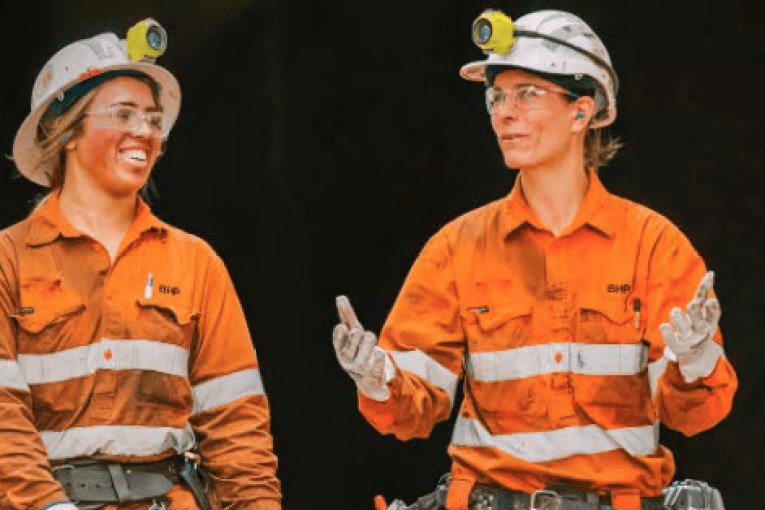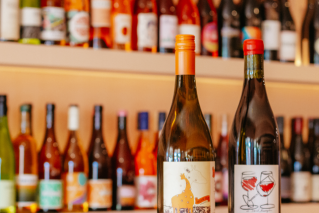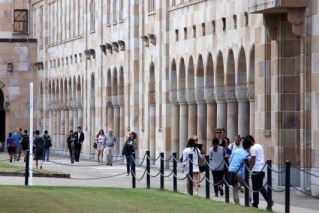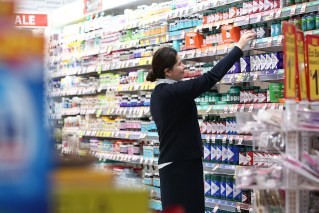Don’t worry, be happy: Recession fears fade behind a huge wall of ‘rainy day’ savings
There are aspects of Australian life that seem completely dire: housing affordability and escalating rents, energy costs, labour shortages, impacts from the war in Ukraine, rising interest rates and an inflation rate that many people haven’t seen before.

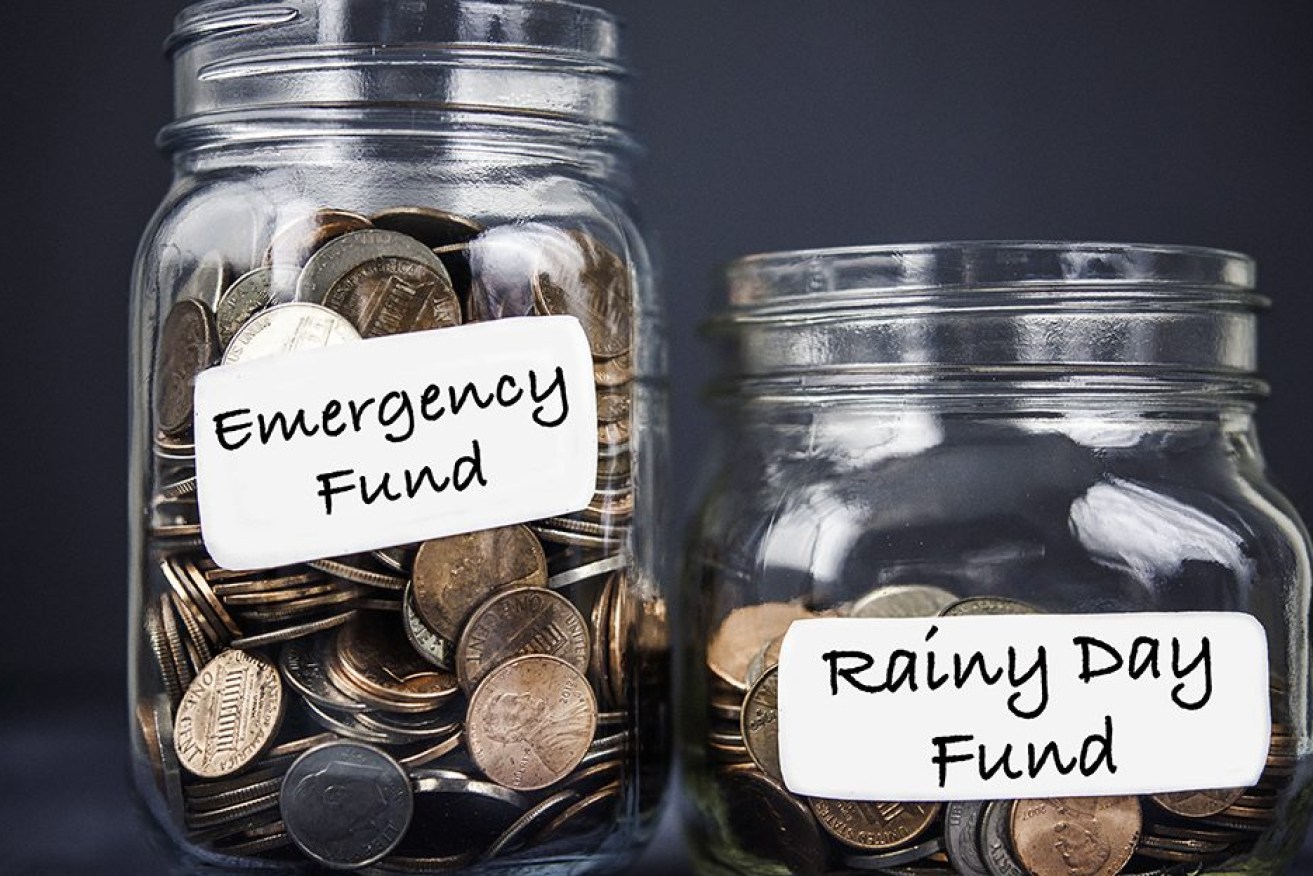
Real estate has pushed up our wealth but bank accounts are dwindling (File photo)
Turn on the news any given night and there is a business going out backwards because of rising input costs. Gas prices are escalating rapidly and Origin said it has been struggling to get coal supply for the Eraring power station in NSW.
Brokers JP Morgan on Thursday forecast oil prices to reach $US150 a barrel which would send petrol prices well beyond the $2 a litre level that caused outrage a few weeks ago.
It’s all very depressing and the new Treasurer Jim Chalmers is certainly not dispelling doom and gloom in his quest to both paint the Morrison government as economic vandals and to prepare Australians for a bit of tough love.
It’s very easy to read all these signs and see a recession looming. Indeed, there is some suggestion that may happen while in the US it appears far more likely.
But that might be selling the Australian economy short.
According to a report from the Melbourne Institute and the Commonwealth Bank the financial wellbeing of Australians was “remarkably higher” than before the pandemic hit.
Precautionary savings behaviour has resulted in Australians’ savings balances sitting 46 per cent higher than two years ago.
CBA’s Head of Financial Wellbeing Ben Grauer said building a savings buffer appeared to have helped offset external pressures that could have otherwise undermined their financial wellbeing.
The report found the proportion of Australians experiencing poor financial wellbeing outcomes had increased slightly year-on-year, but compared with 2020 there was a significant improvement in the proportion of Australians who are just coping or having trouble with their finances.
Morgans economist Michael Knox said the GDP figures, which this week showed 0.8 per cent growth in Australia in the March quarter, understated what is really going on in the economy and pointed out that commodity prices were 51 per cent above the 2019-20 level.
“The value of what Australia is producing is massively larger than what the GDP suggests,’’ he said.
Add to that, Knox said the Federal Government would soon announce the intake of 160,000 skilled migrants that would ease pressure on the labour market and boost the domestic economy by 1 per cent over the next year.
“And think what all those additional migrants will do to the housing demand,’’ he said.
Economists also believe the inflation that is troubling the markets and central banks is mostly transitory and will start to peak in the US soon, even it hasn’t already, and Australia would follow that lead.
Our trade balance is also strong and exceeded expectations in April with a $10.5 billion surplus.
Investment manager QIC has predicted a soft landing for the economy for the global economy.
“While we are not out of the woods yet, we believe the worst for the global economy is passing over the current June quarter and we look forward to improved conditions in the second half of 2022,’’ QIC said this week.
“We expect global growth to expand by around 3.2 per cent in 2022 and 3.4 per cent in 2023, which if achieved, would deliver a soft-landing in the global economy.’’
The NAB said it expected solid growth to continue in the near-term as Australians spend some of the high level of savings built up over the pandemic.
Business investment should also pick up, while dwelling investment and public demand are expected to remain elevated.
“That sees GDP growth of over 3 per cent this year before growth slows to around 2.1 per cent over 2023 and 2.25 per cent in 2024,” the bank said.
“With lockdowns now in the past, and with state and international borders open, we expect the balance between goods and services consumption to normalise and for services trade to lift.’’
Wilsons Advisory head of investment strategy David Cassidy told livewire that inflation was likely to be an issue for business for the rest of this year and possibly into 2023.
But he said he believed that inflation was near its peak and if that’s true central banks would ease their hikes in interest rates.
Australians also retained a high level of savings and the data suggests we are continuing to spend.
ABS data showed retail sales rose 0.9 per cent for April and were 9.6 per cent higher than in March 2021, climbing to a record total of $33.9 billion.
